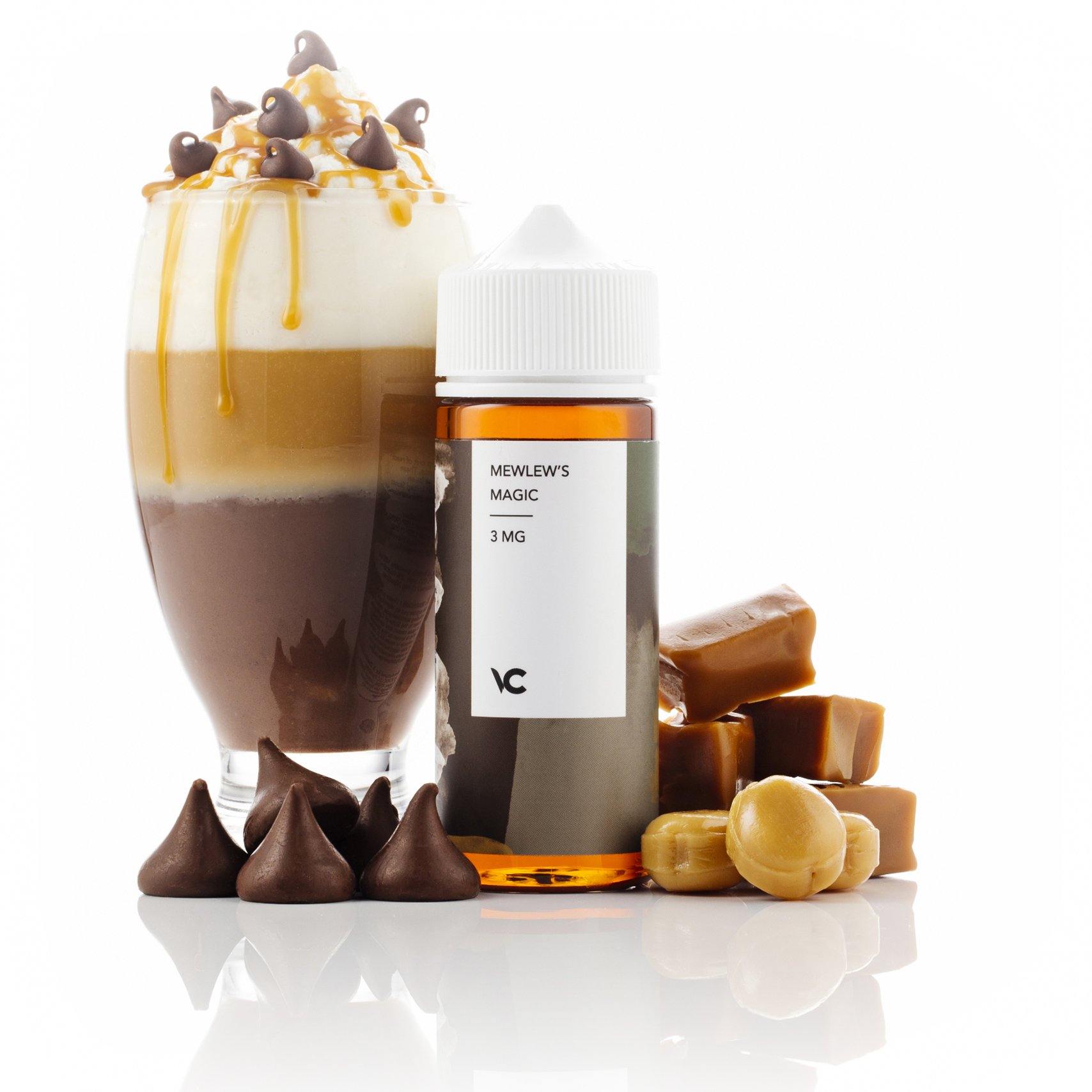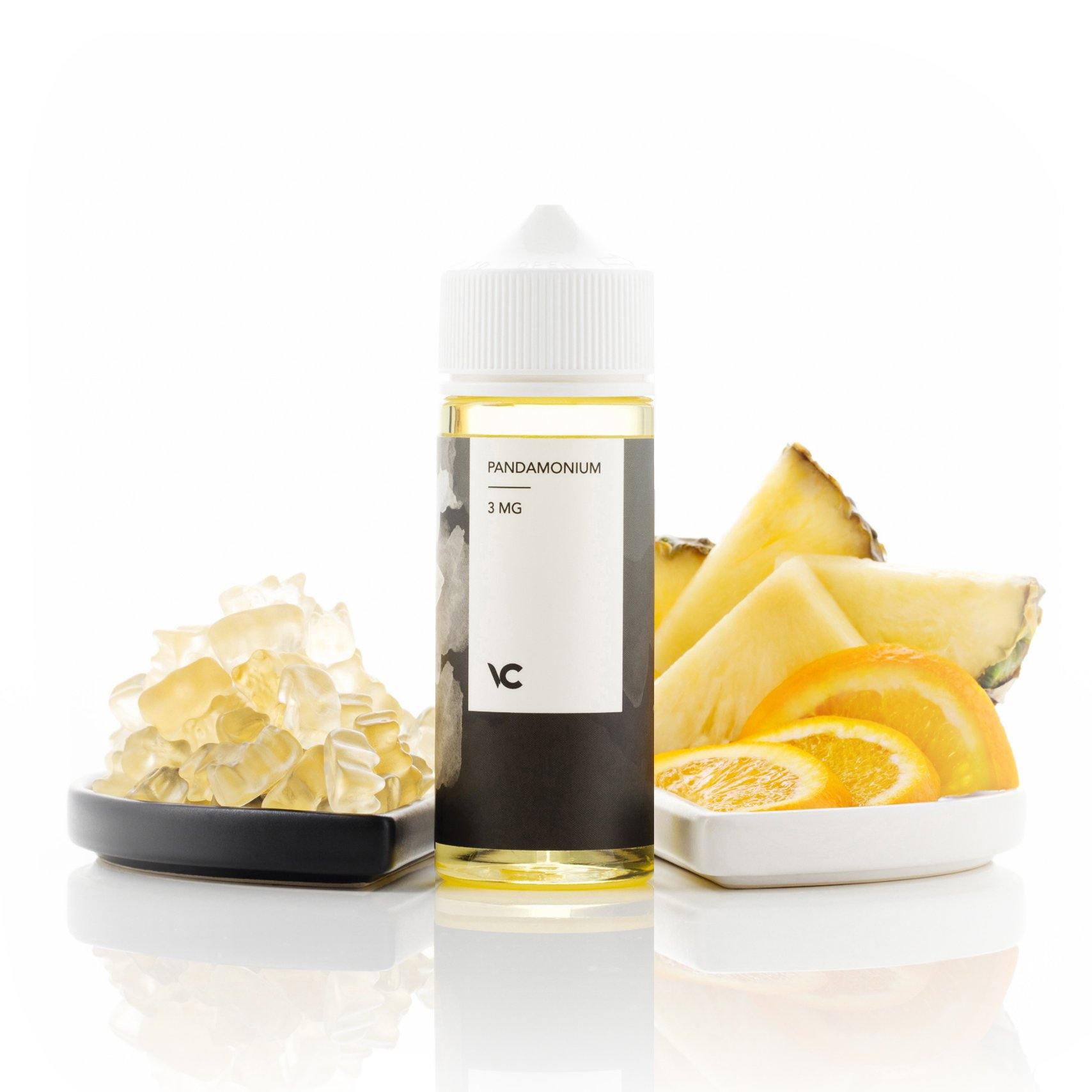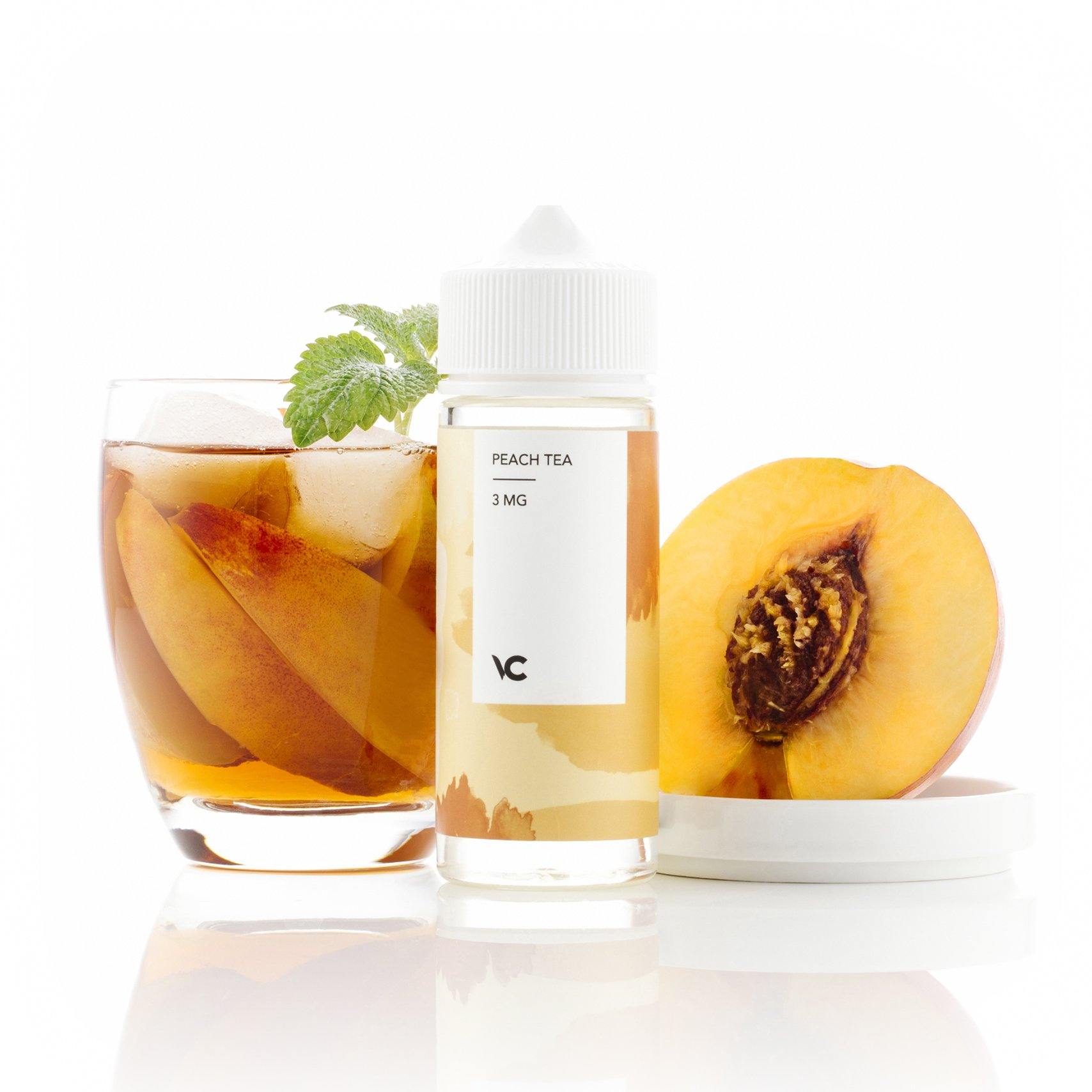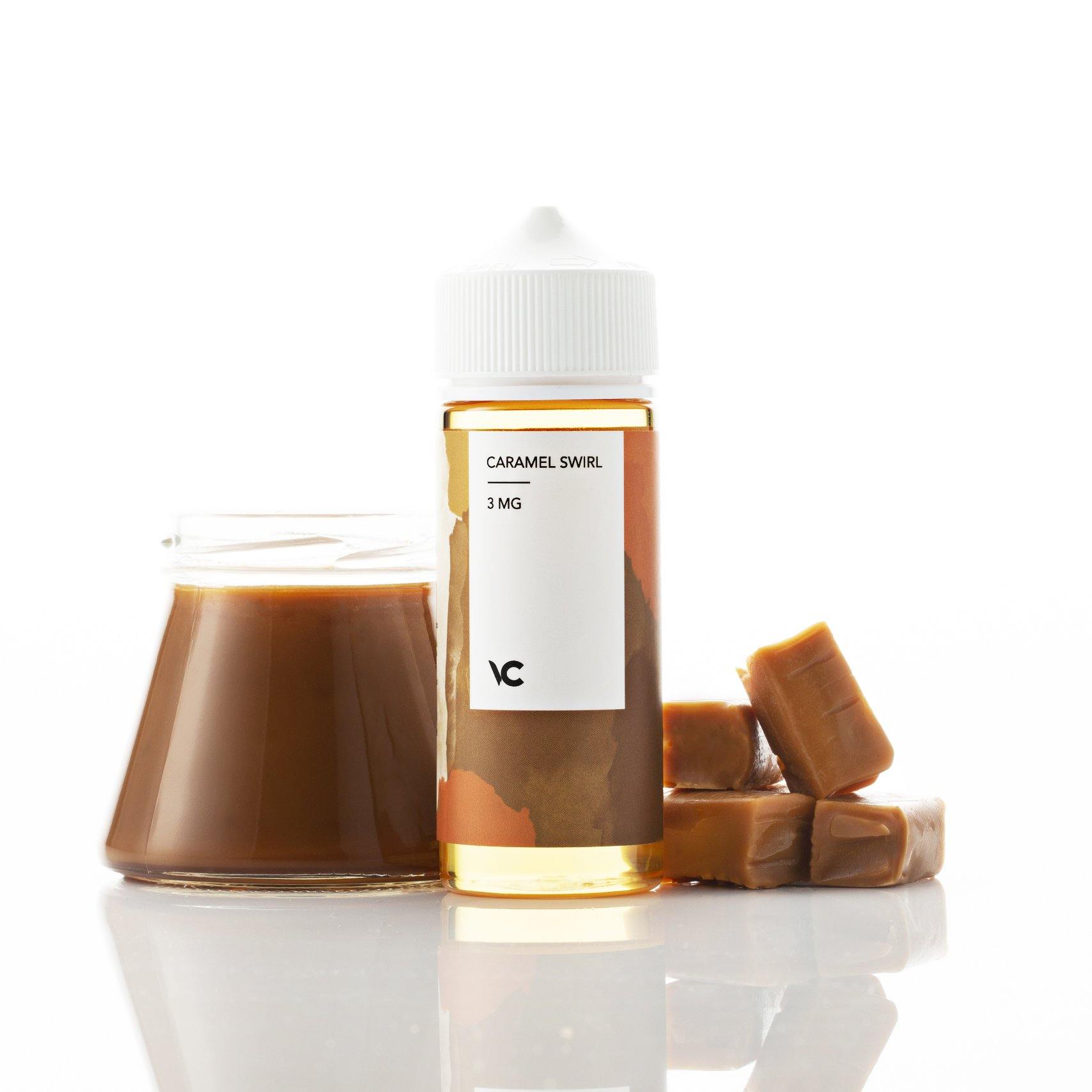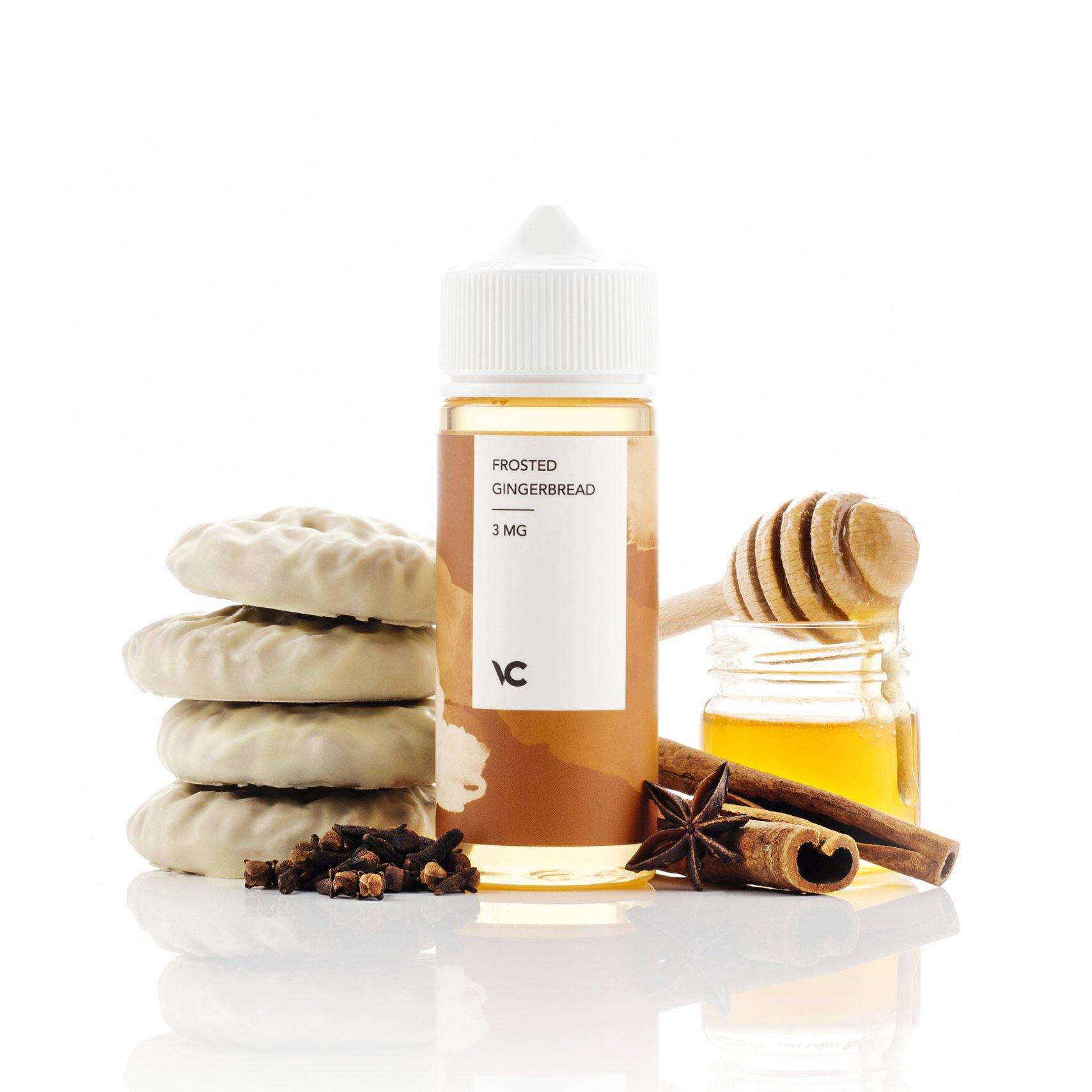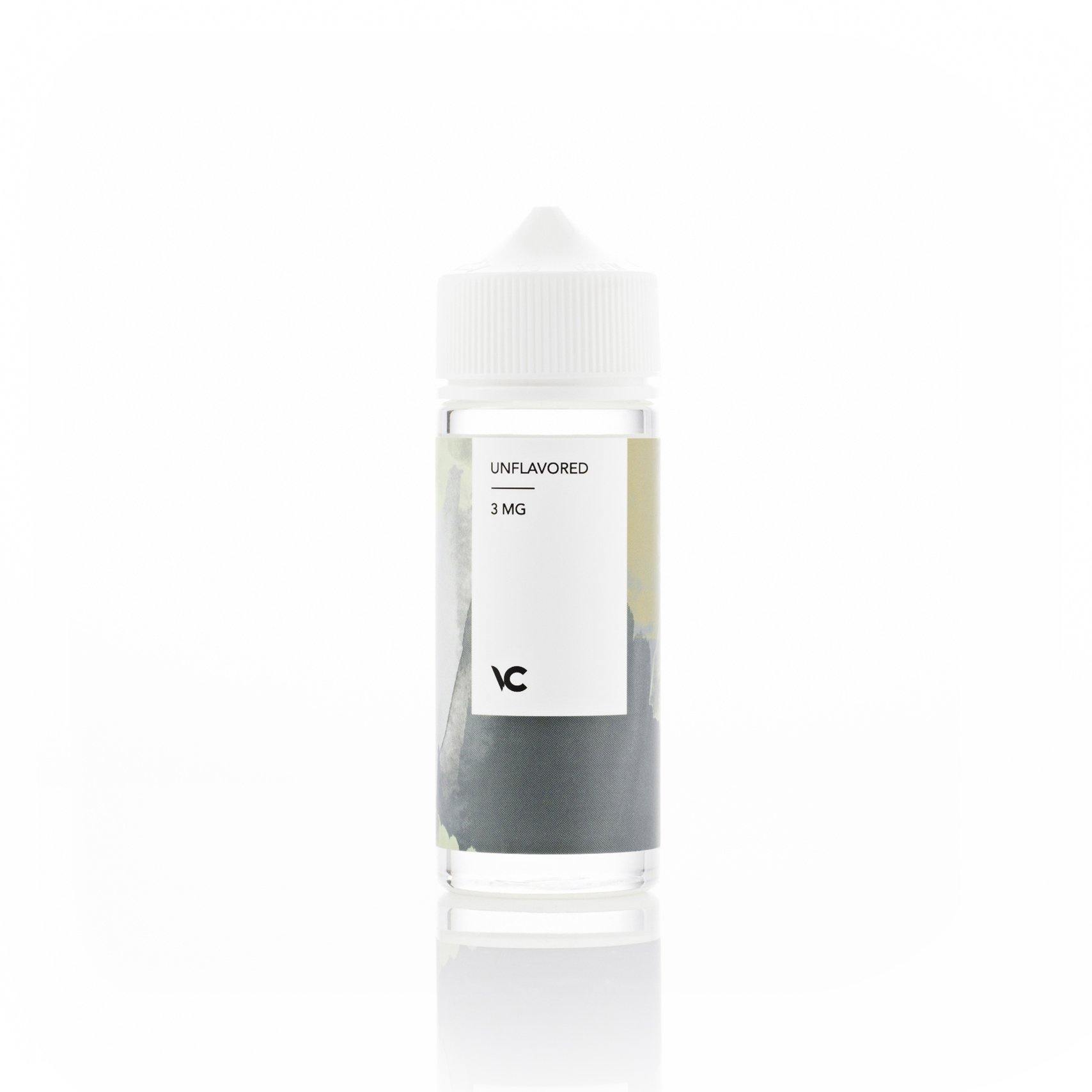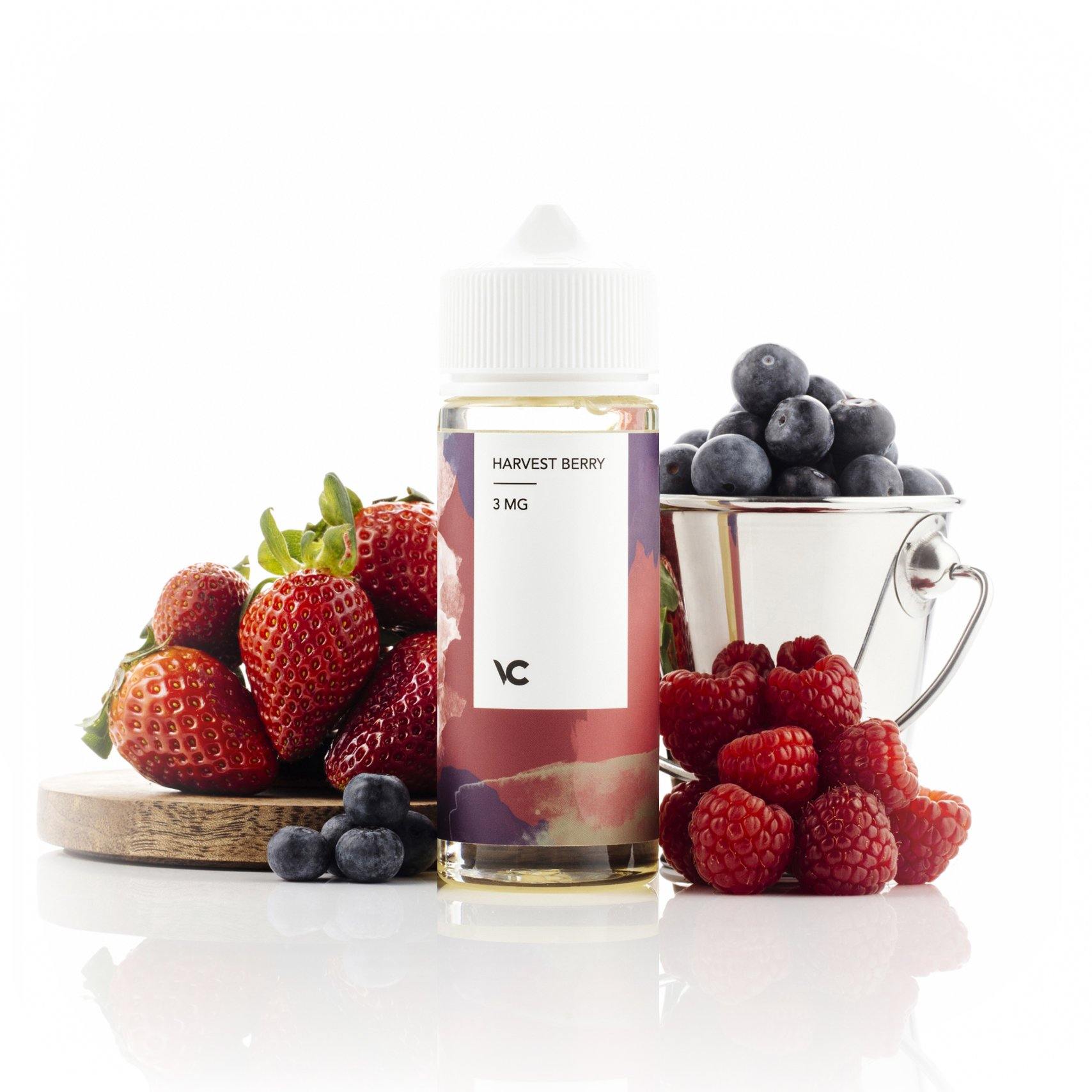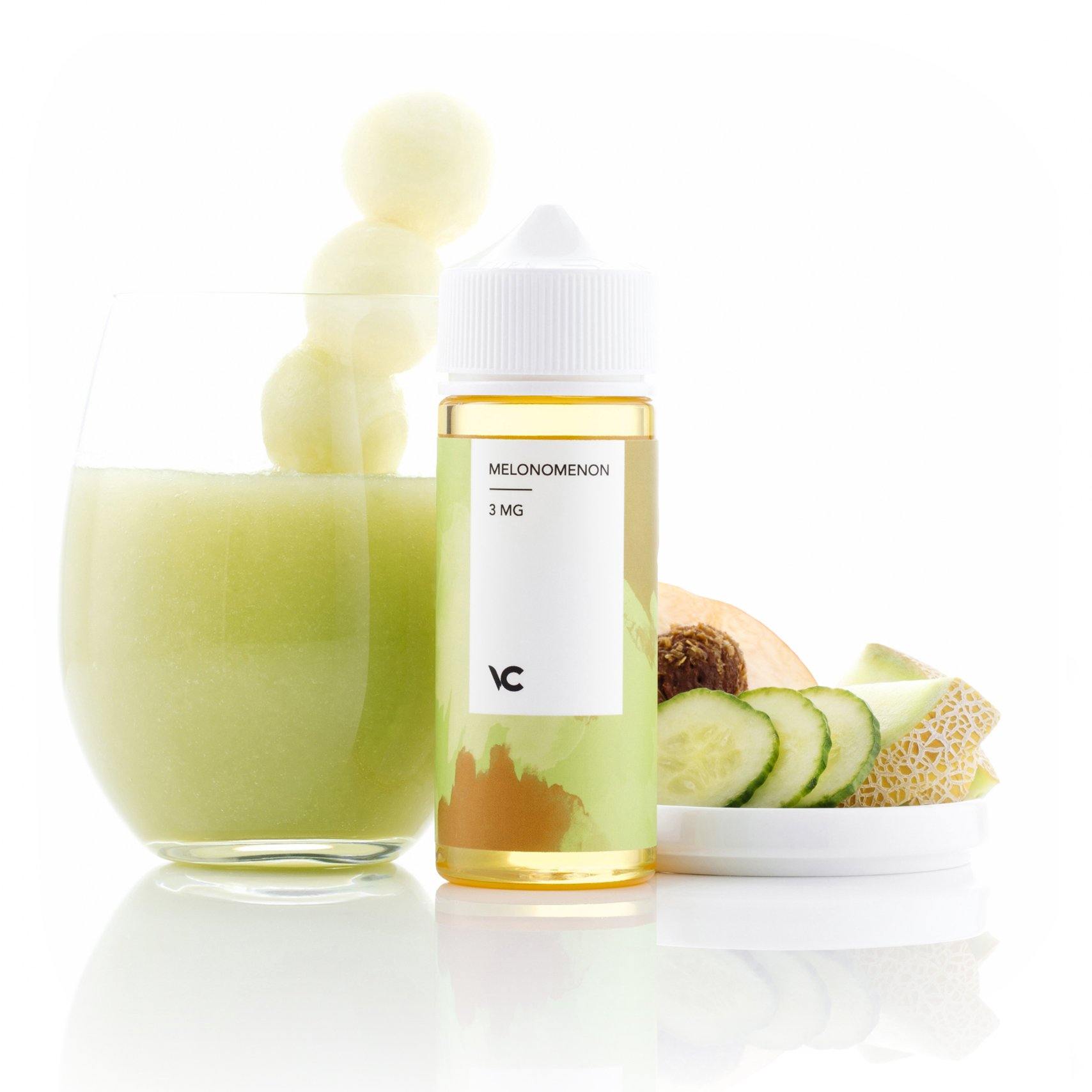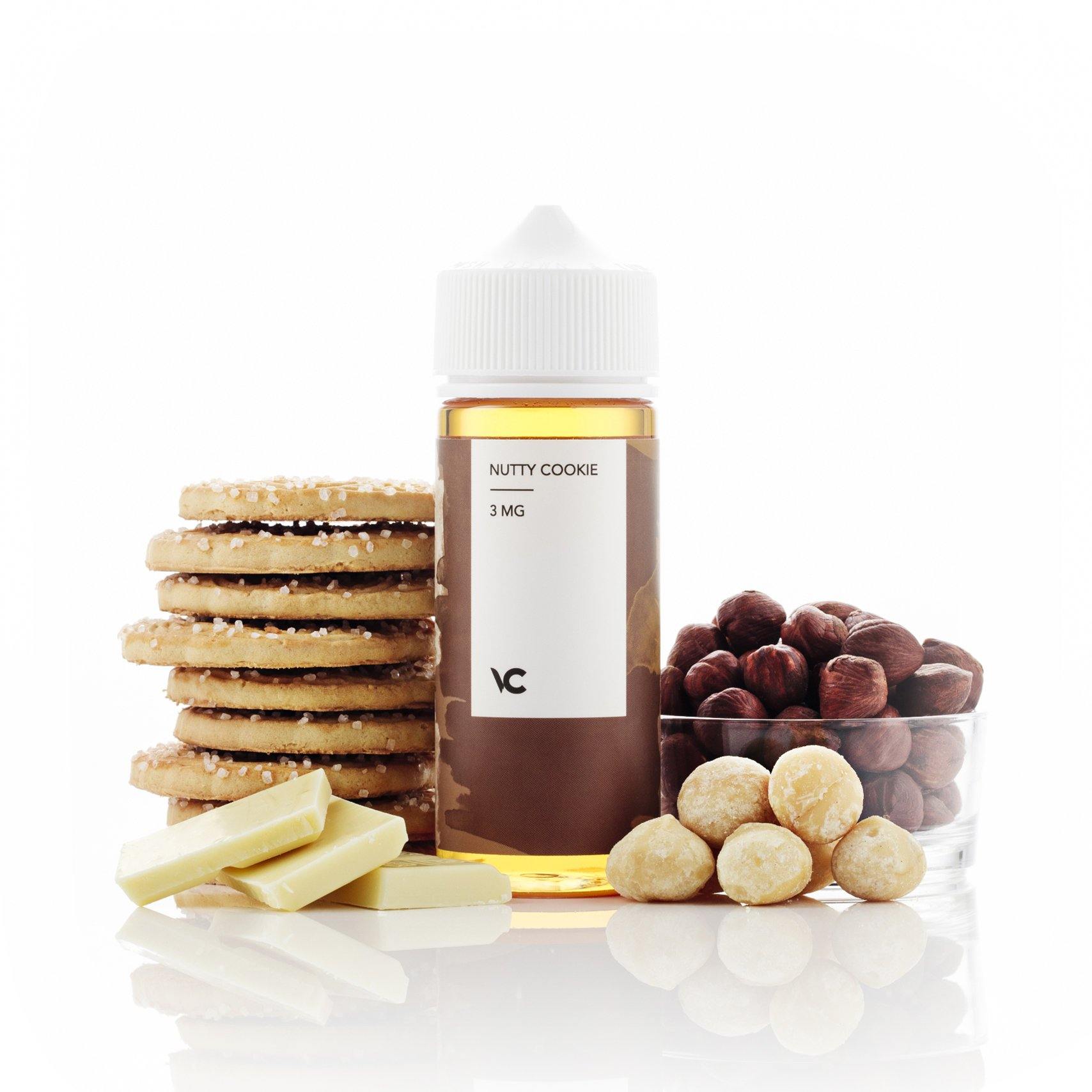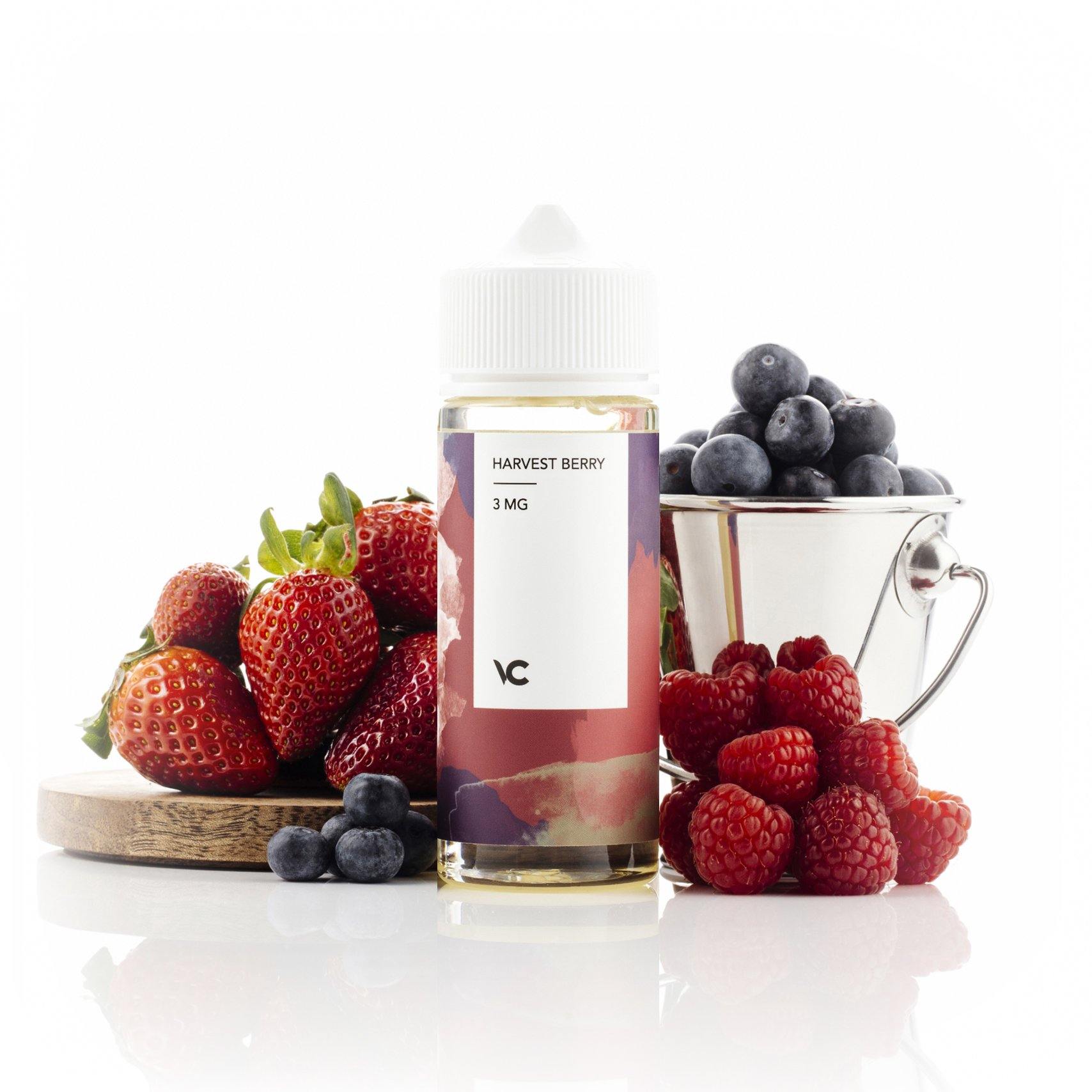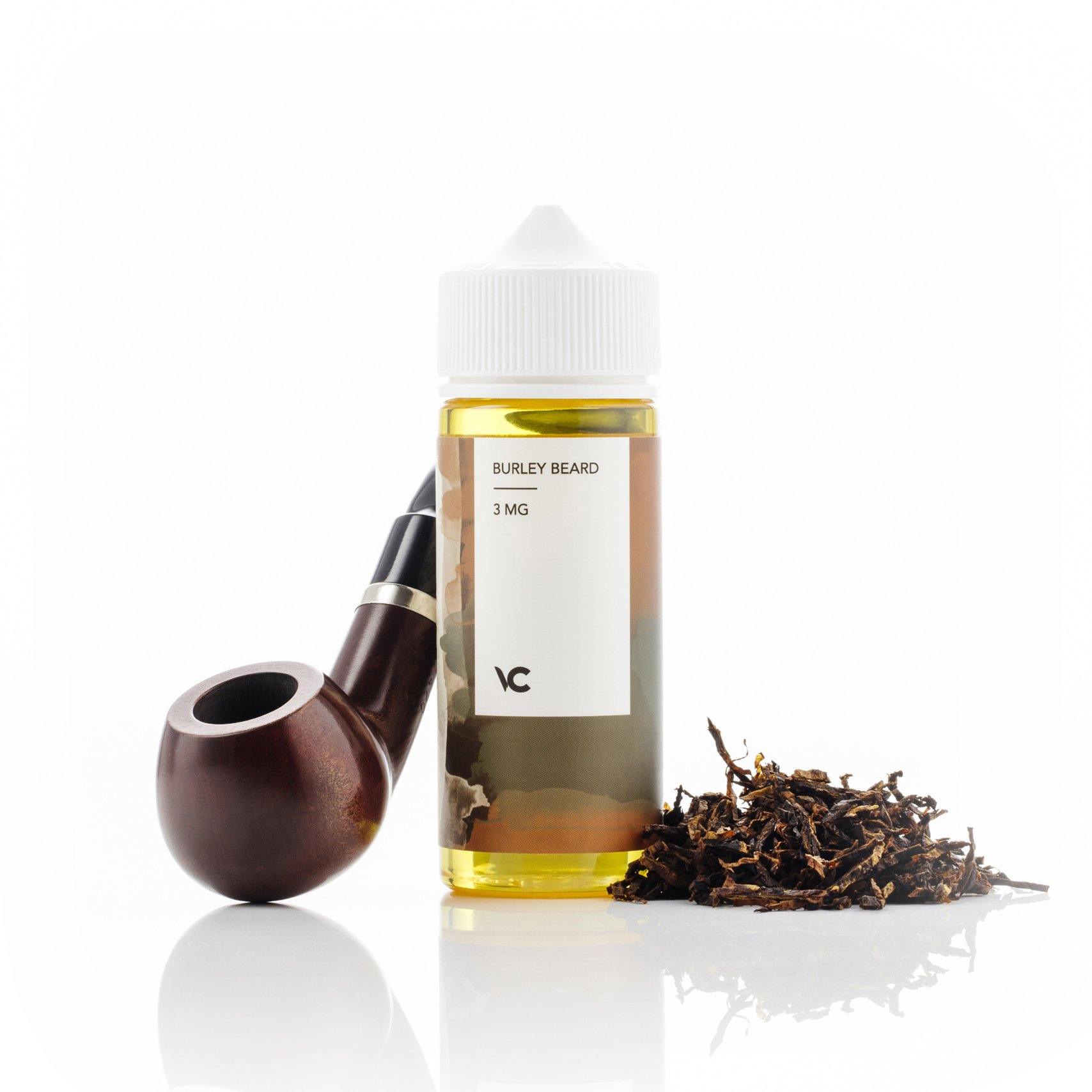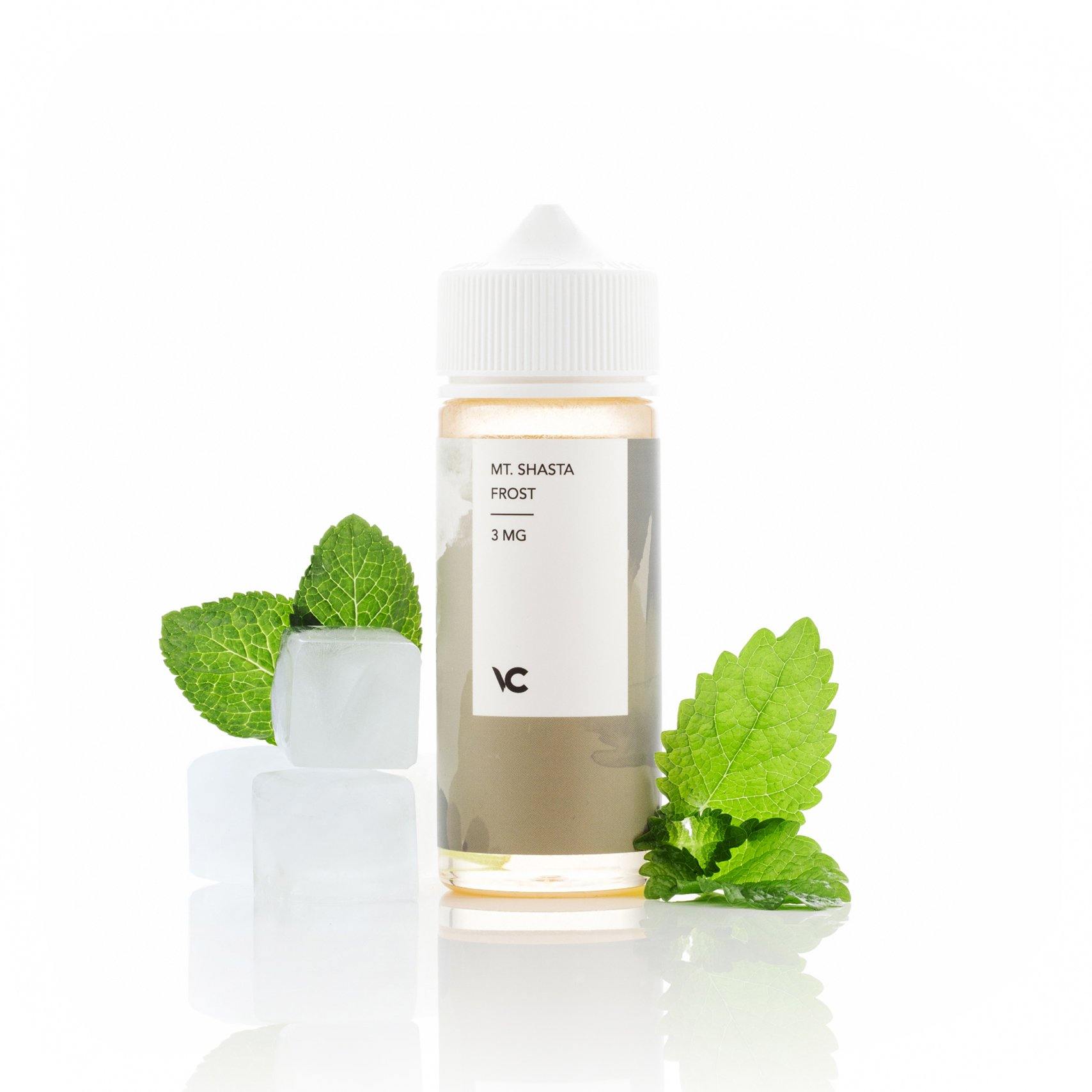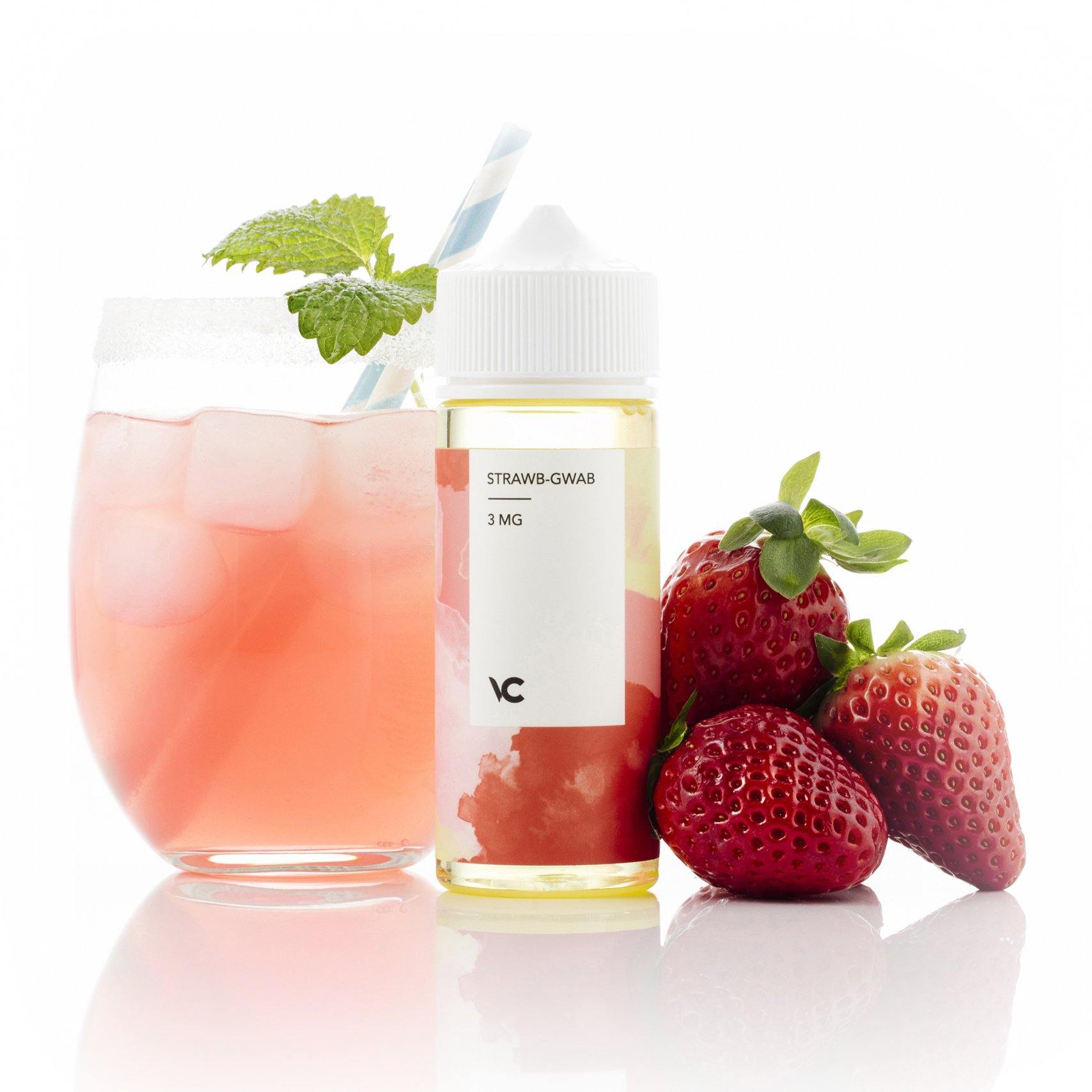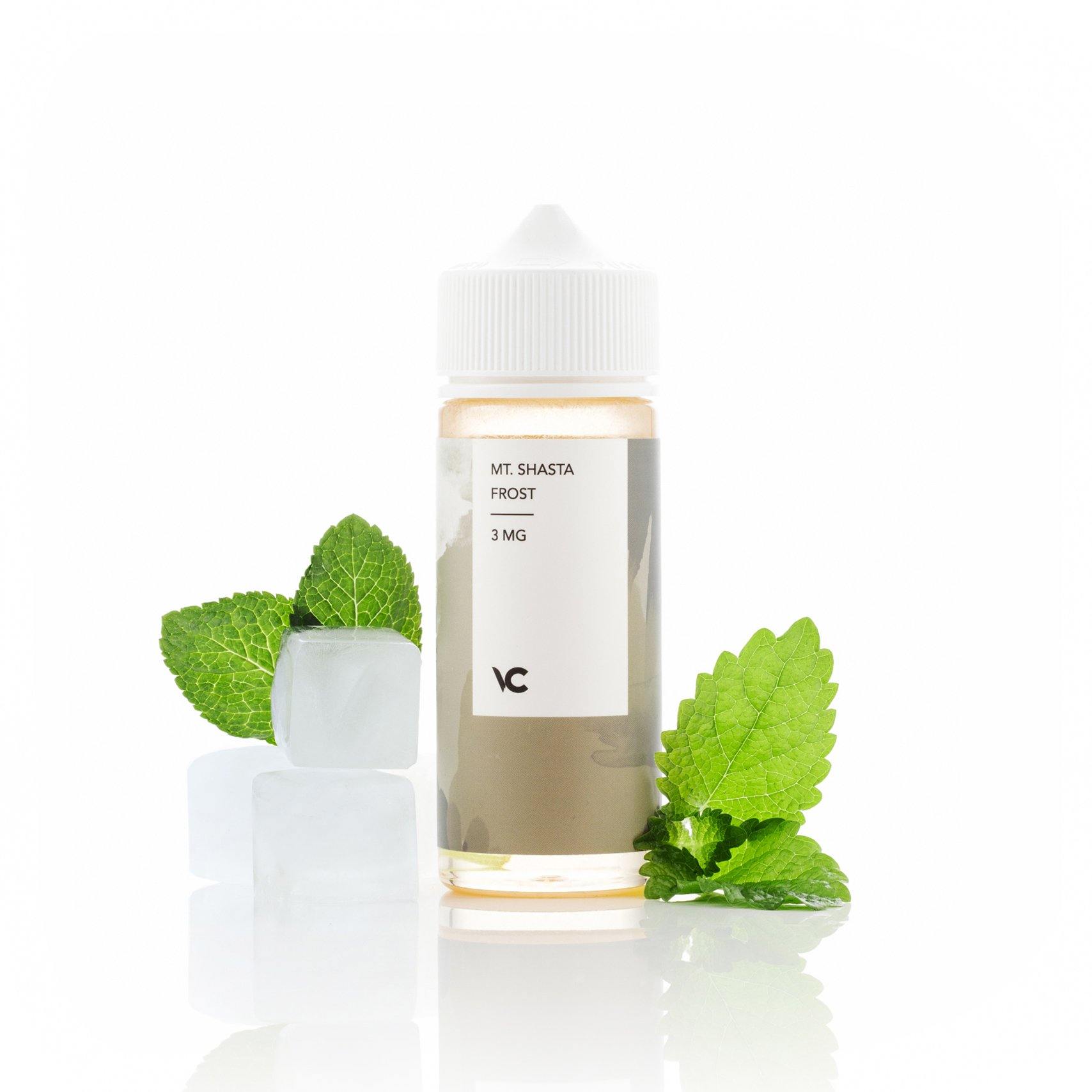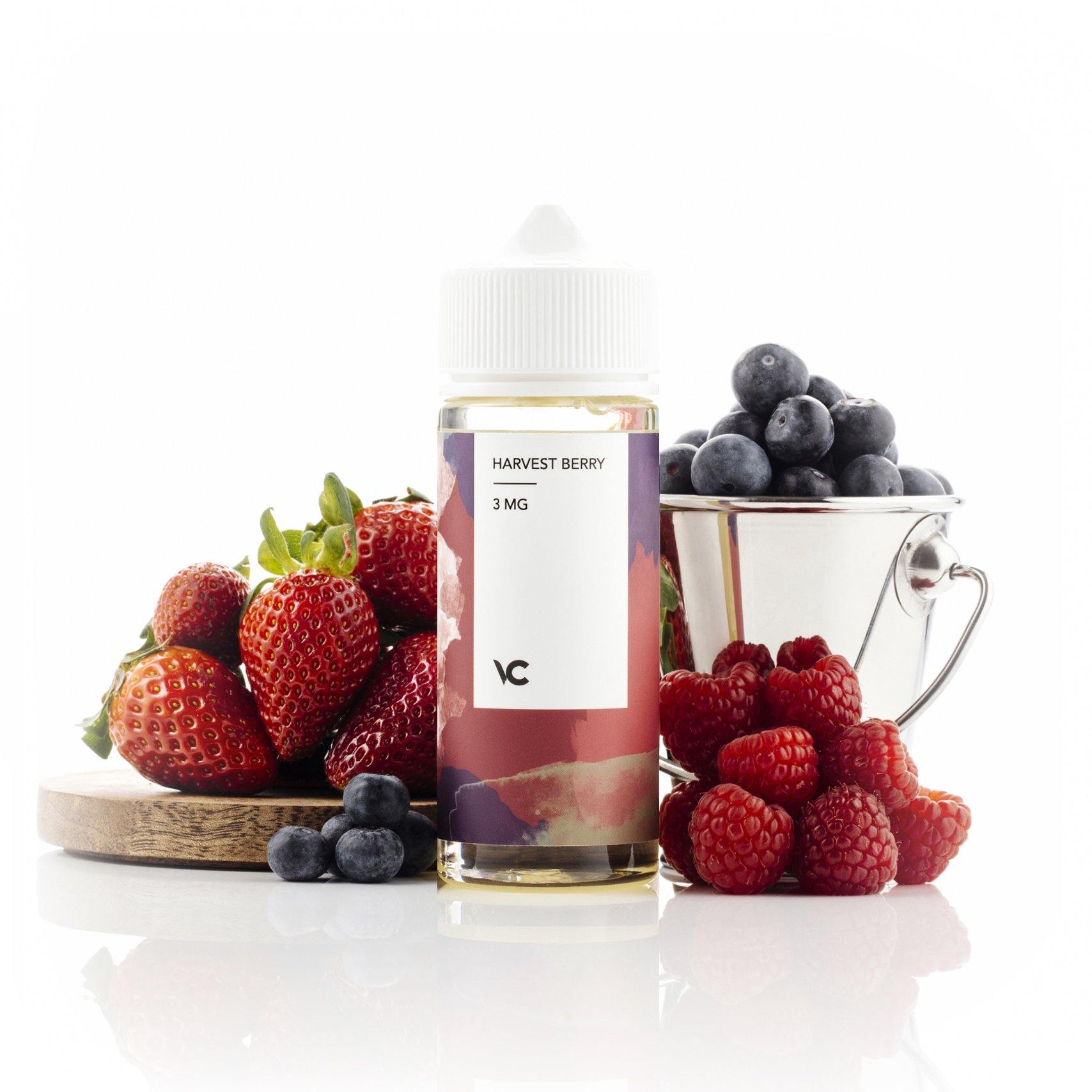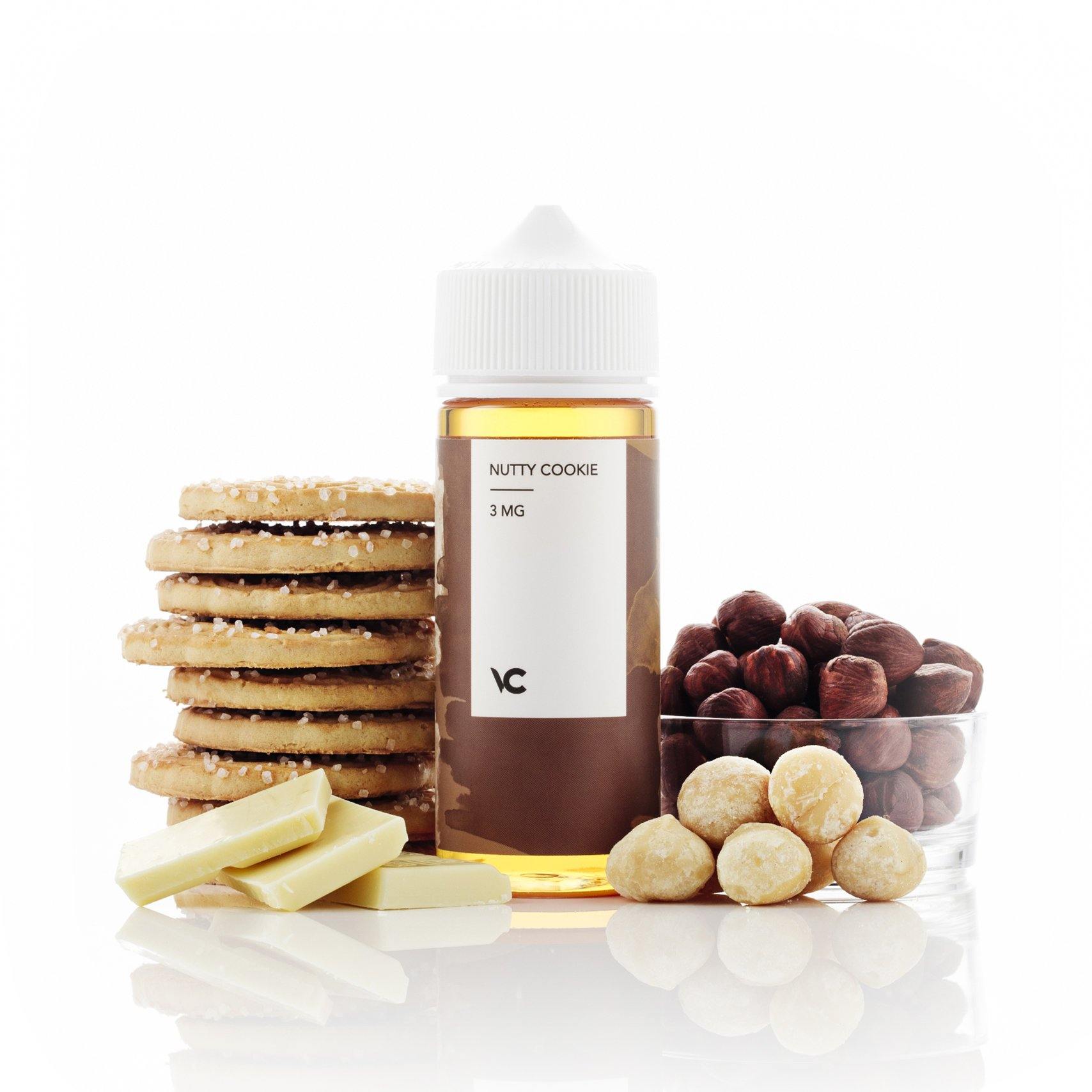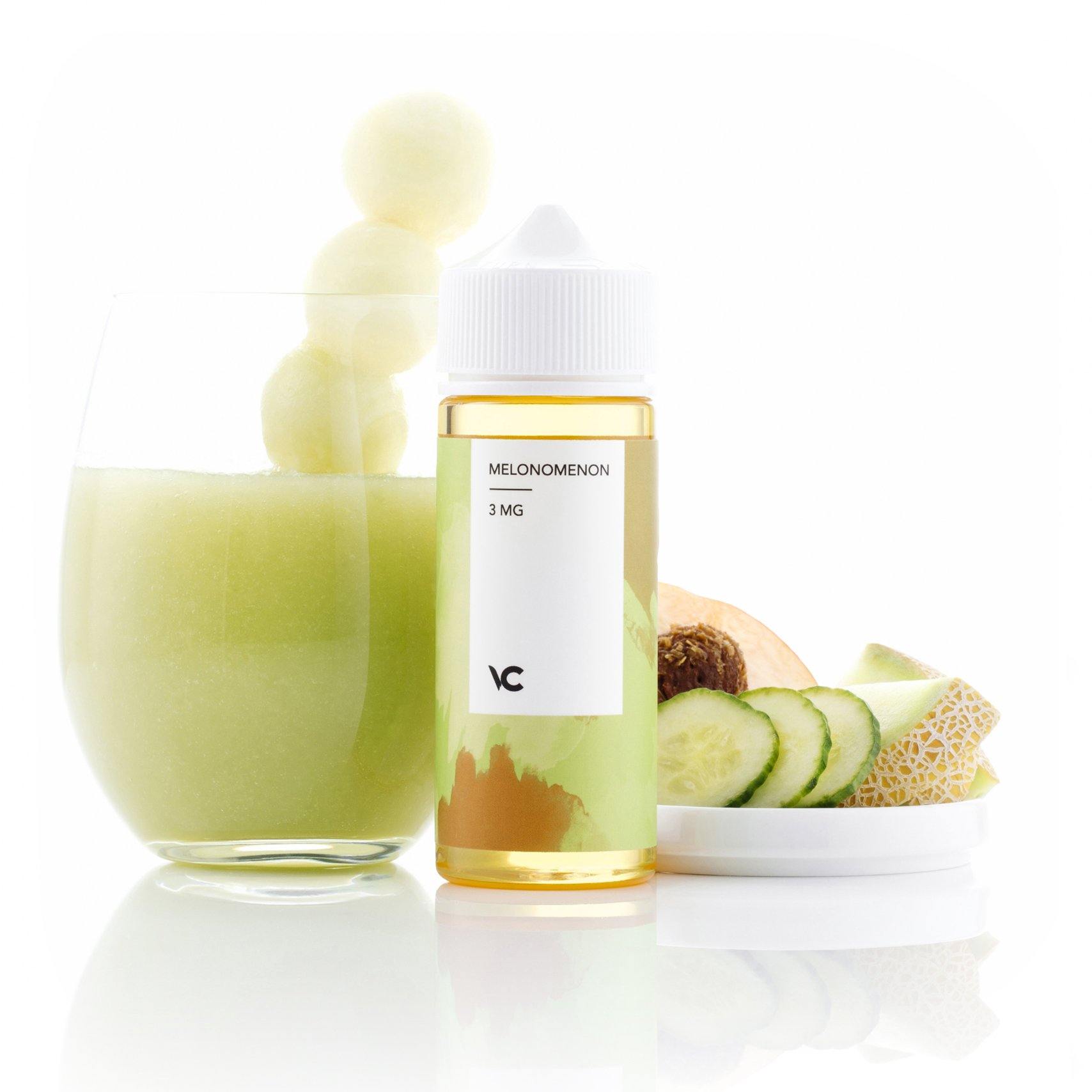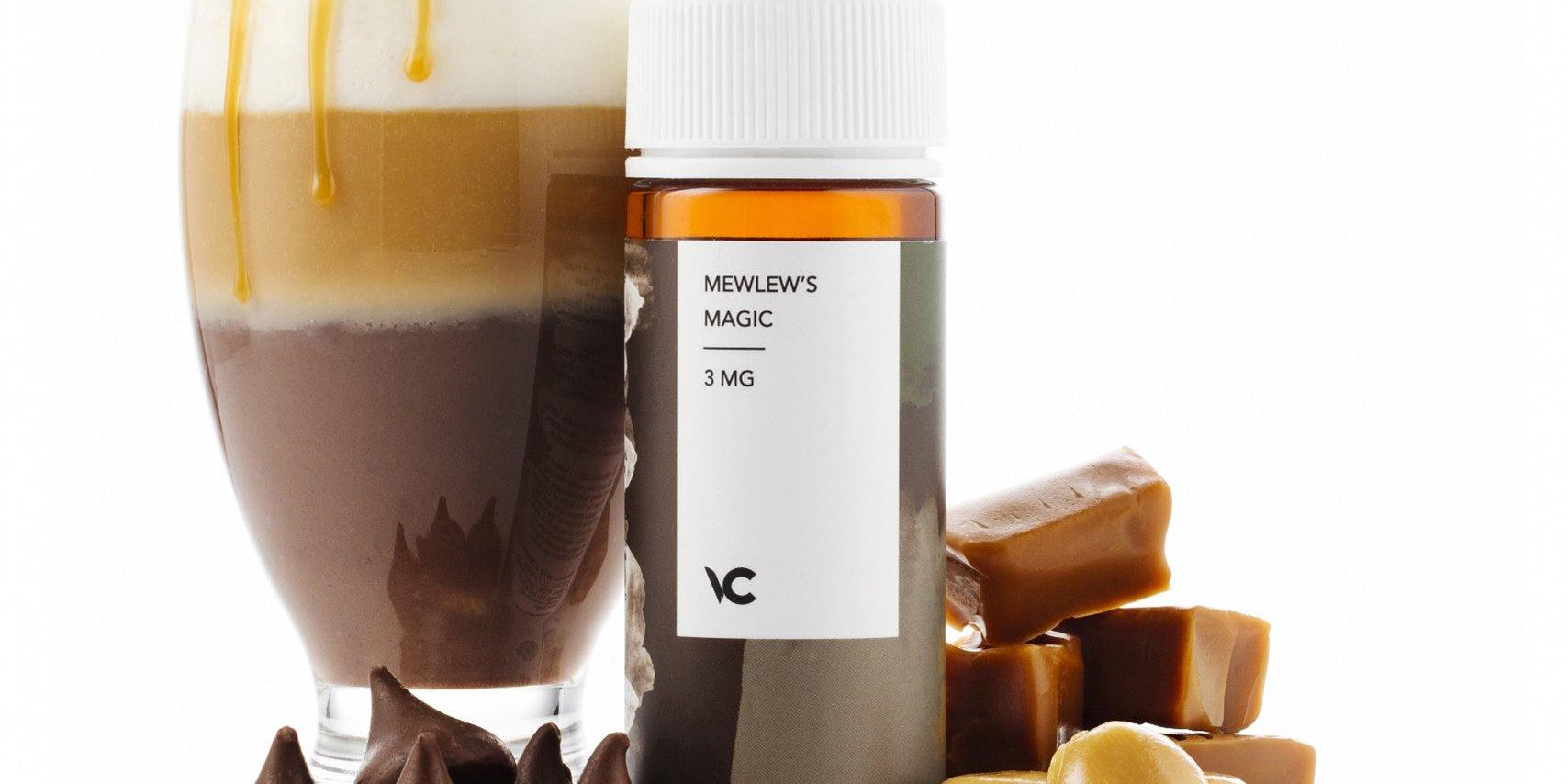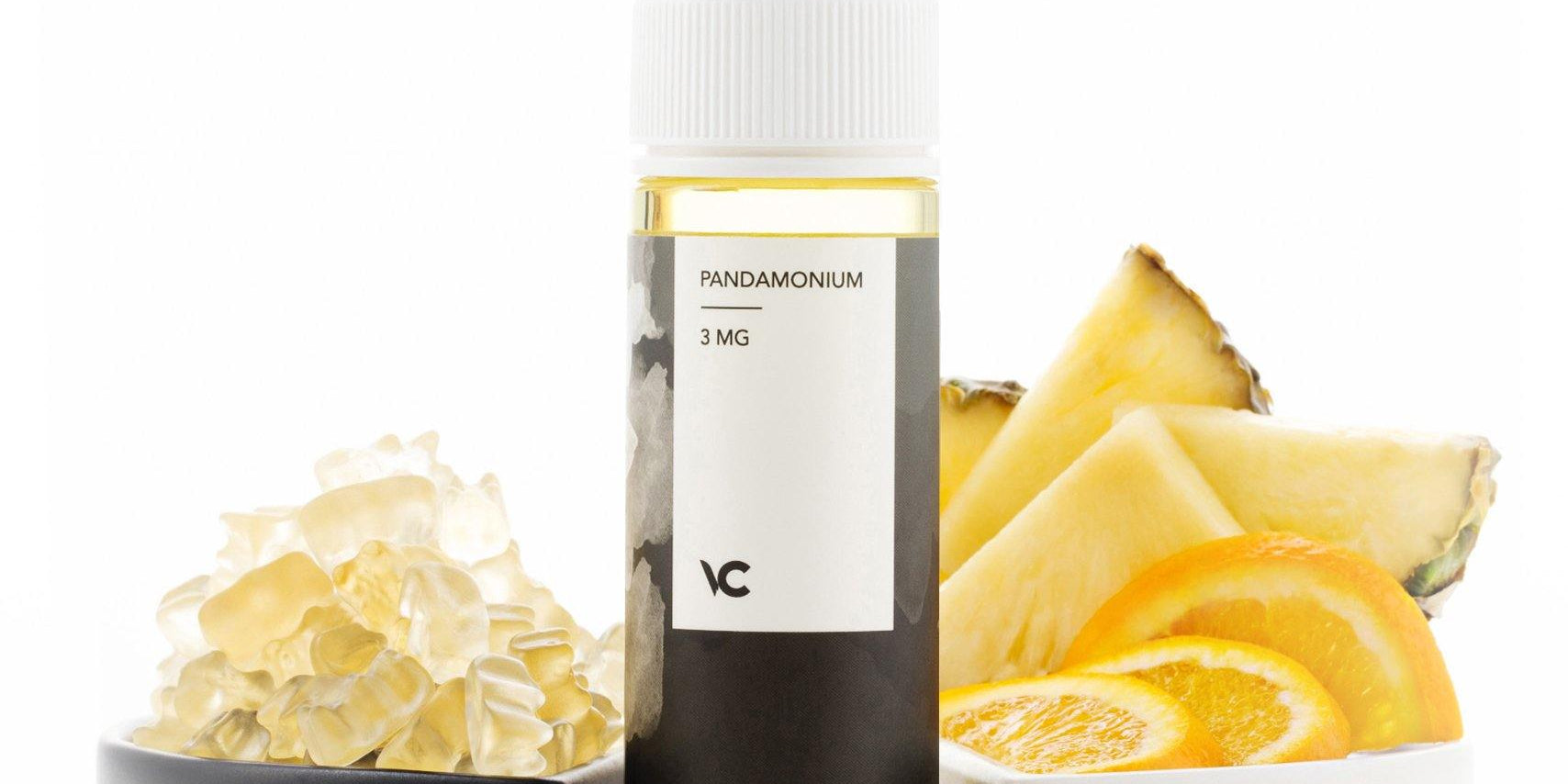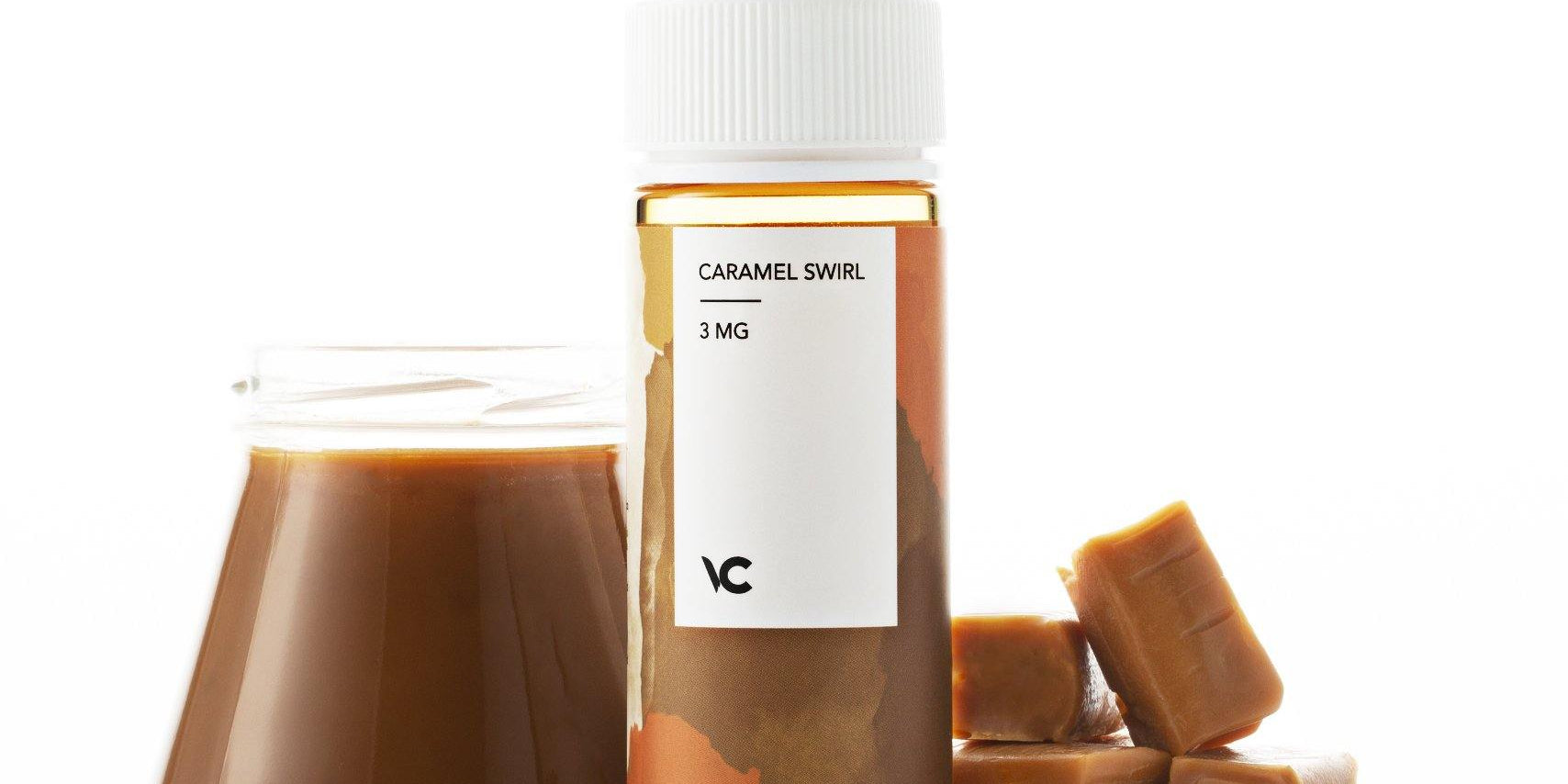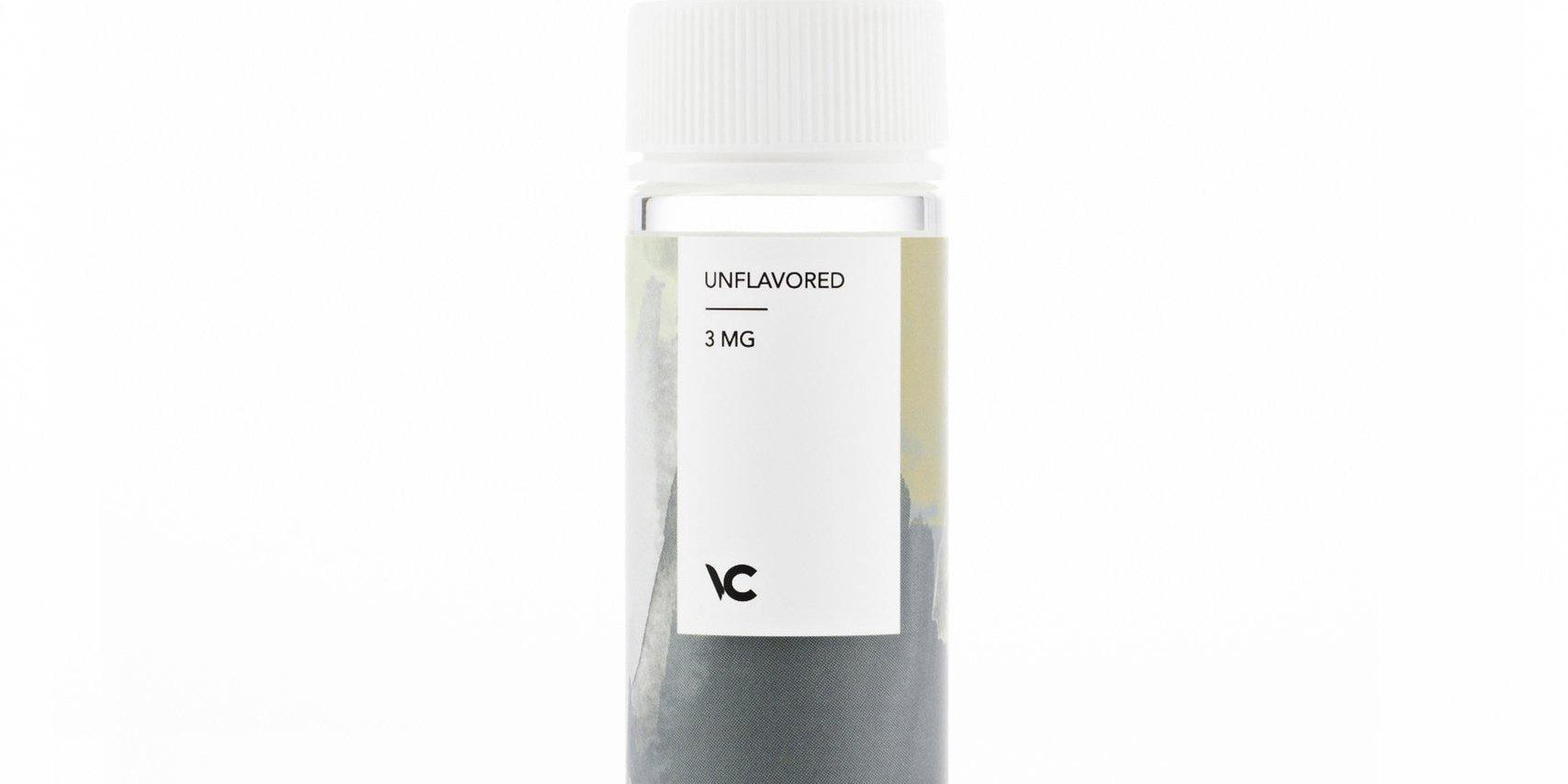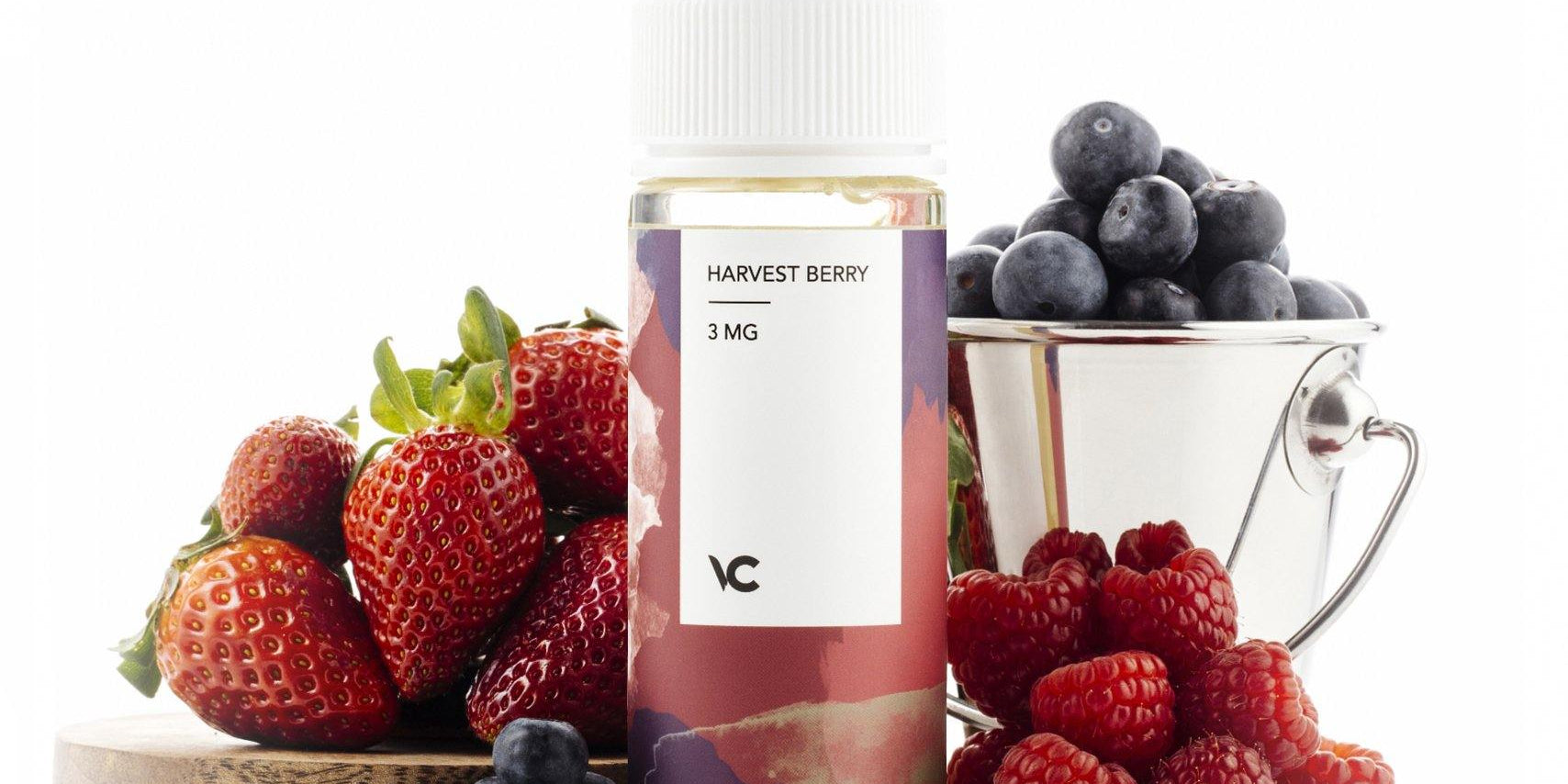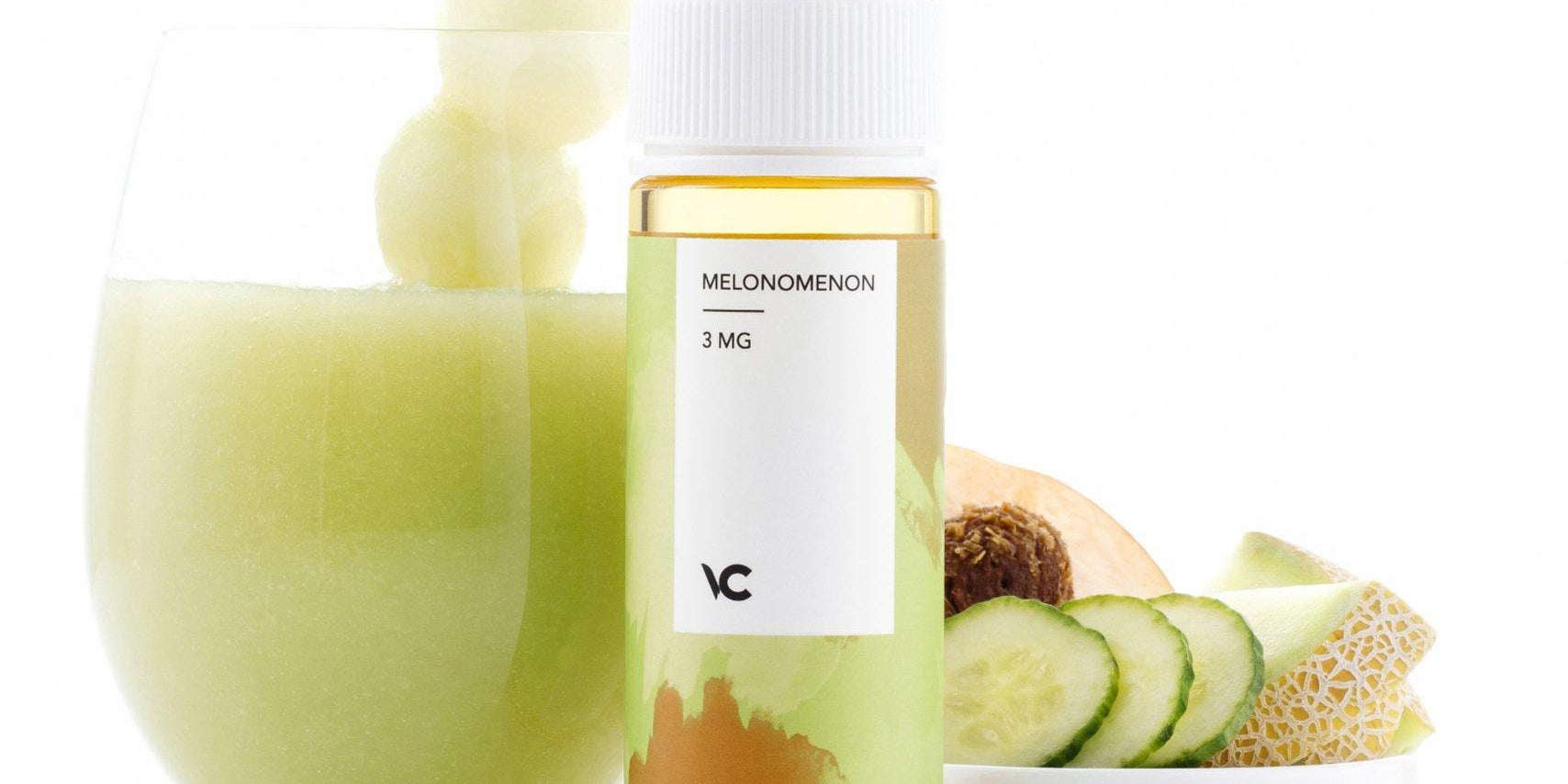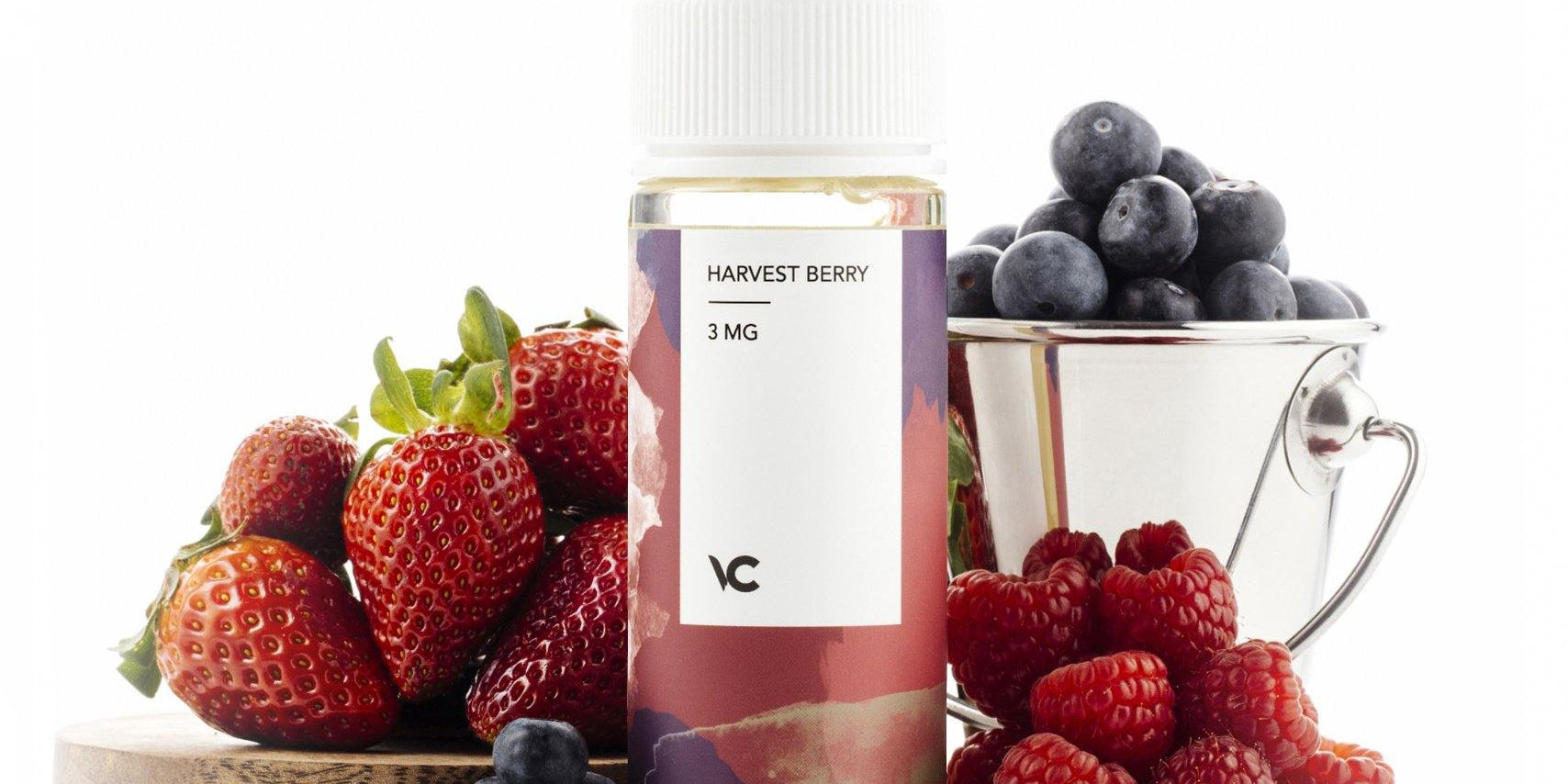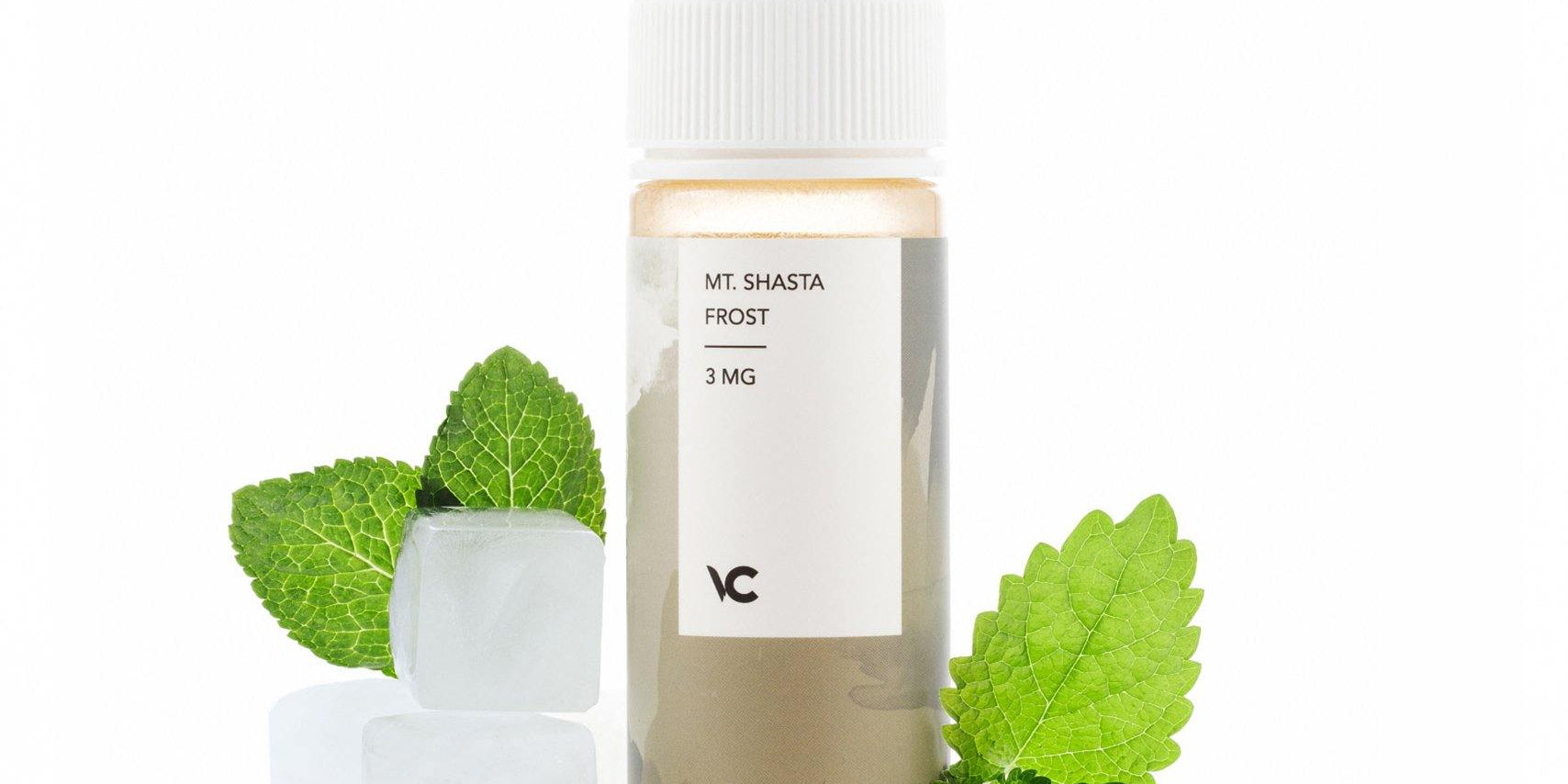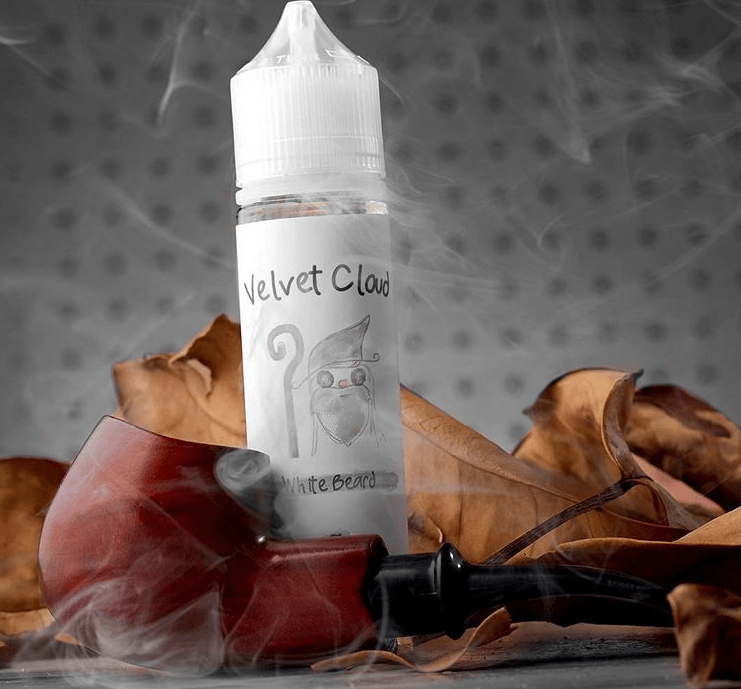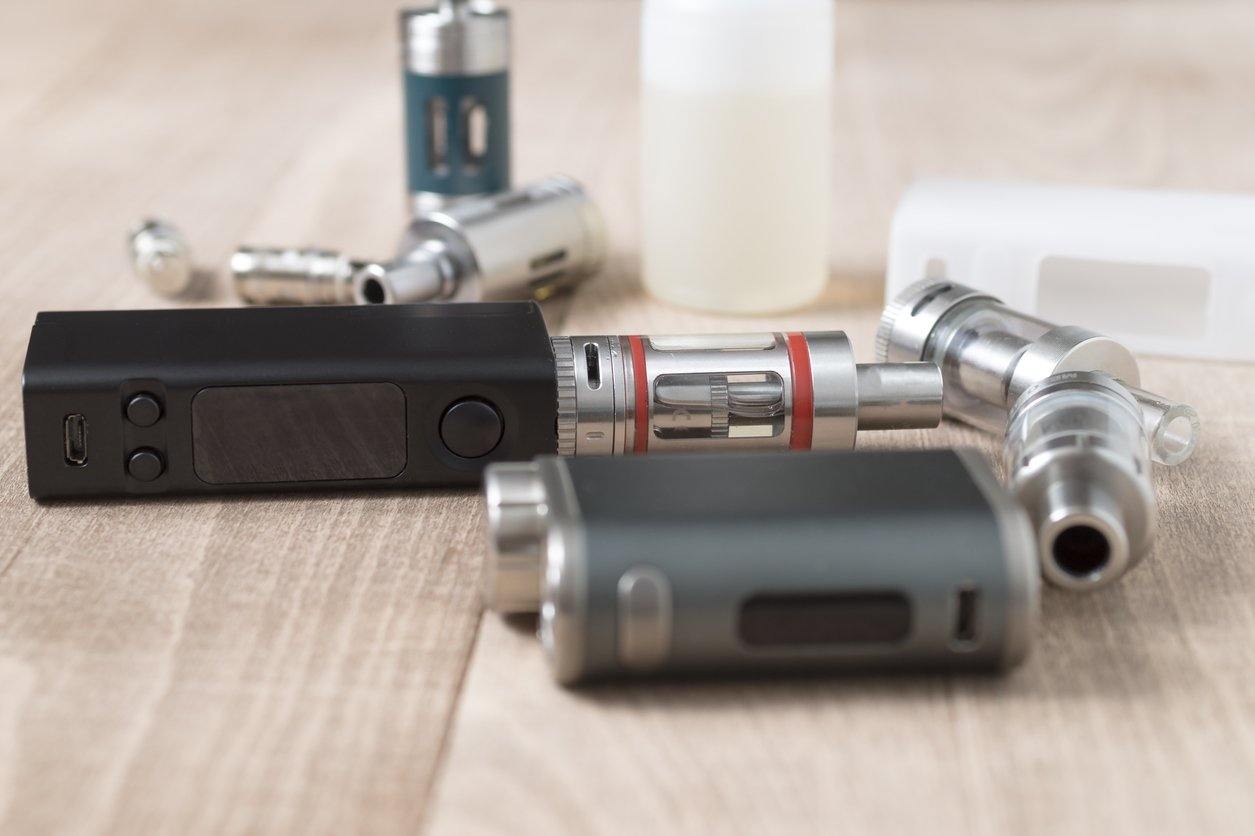Nicotine: The Misunderstood Chemical?
Nicotine is perhaps the most misunderstood and unfairly maligned chemical in common use.
We can largely thank cigarettes and big tobacco for this unfortunate and potentially dangerous state of affairs. The public perception more or less amounts to something along the lines of, "Cigarettes are bad for you. Cigarettes have nicotine. Therefore nicotine is bad for you."
This is dangerous because if people are lead to believe that all nicotine-containing products are unequivocally just as bad as the next, they might be less motivated to switch to a safer nicotine delivery method. Better the devil you know and all that.
It's not the nicotine in cigarettes that's the problem—it's the other 598 ingredients, which, when combusted (burned), react with one another and create something in the order of 7,000 chemicals in total. It wasn't until around the 1960s that the concept of this being probably a pretty bad idea was introduced to the mainstream consciousness.
Nicotine gets lumped in with the rest of those ingredients and it's pretty unfair, considering that heaps of research have strongly indicated that nicotine by itself is highly unlikely to be a cancer-causing substance or to damage the heart and blood vessels.
Yes, really. Check out this study which showed "no association" between nicotine replacements like patches or gum and cancer over a twelve-plus-year period. Or how about this meta-analysis that found no obvious evidence of nicotine causing serious risk to the cardiovascular system?
In this post, we hope to banish some of the more serious myths about nicotine. The goal of this information isn't to convince you that nicotine is good or bad, we just want to give you a more accurate picture of this controversial chemical so that you can decide for yourself.
A Few Words Before We Begin...
The great thing about vaping is that you have complete and total control over how much nicotine content your e-liquid contains. When you order a bottle of our customer-favorite Frosted Gingerbread max VG e-liquid, you choose how much nicotine is in it—or you can even choose to not have any nicotine in it at all. Cigarettes and other harmful tobacco products never give you that choice.
We also want to be perfectly clear about the fact that we are in no way saying nicotine is harmless. Few things in this life are truly harmless, and enough quantity of anything can kill you. That includes water, air, race cars, Lego blocks on the stairs, and yes, nicotine.
Finally, please remember that nicotine should never be made available to children or adolescents.
Can Nicotine Kill You?
First and foremost, yes, nicotine in large enough quantities is deadly. You might have even heard that a lethal dose is somewhere around 60 mg.
Sounds low, right?
This figure about nicotine lethality has, however, been wildly exaggerated for most of our lives because the data collected in a study that was conducted in the 1800s is still being used as a reference. It appears that study was the first instance of the 60 mg lethality figure. The practical amount of nicotine required to kill an adult human is relatively unknown, but some sources suggest that it might be somewhere around 600 mg or more.
Despite how "super toxic" nicotine is portrayed to be, it's almost impossible—at least for this researcher—to find even anecdotal evidence of adult overdose fatalities. That's adults. Small children or pets can absolutely die or have serious health complications from nicotine exposure, so please be careful about where you store your e-liquid.
For more information on the potential lethality of nicotine in e-liquid, take a look at this study.
The Potential Benefits of Nicotine Use
If you've never researched nicotine before, you might be surprised to find that it has measurable benefits. In fact, nicotine has become quite popular in recent years among the nootropics community—people interested in the benevolent use of drugs to enhance cognition.
Nicotine can improve memory, attention span, and learning, among other cognitive benefits. This could be why nicotine users on average suffer far less from neurodegenerative diseases like Alzheimer's, Parkinson's, and Tourette's syndromes, as the science has shown us.

Nicotine has even been shown to reduce inflammation for those with arthritis and can improve good cholesterol levels.
Doesn't sound like the nicotine you hear about in the news or anti-smoking campaigns, right?
In the overwhelming majority of cases, health problems associated with nicotine are the result of the nicotine delivery method (cigarettes, chewing tobacco, cigars, and so on), not the nicotine itself.
The Potential Drawbacks of Nicotine Use
It's not all sunshine and cognitive enhancement in the land of nicotine.
Nicotine is, of course, addictive. There's no doubt about that. However, it is worth noting that any such widely-propagated claims that nicotine is "more addictive than heroin" is false—we're not even going to link out to some scientific study on that one, just ask the closest former heroin addict who has gone through withdrawals if you want the real answer.
So, how addictive is nicotine? It largely depends on your body chemistry, dosage, and susceptibility to habit. It can also depend on the delivery method of the nicotine. For instance, users of nicotine-containing products (NCPS) like vapes have been shown to be 25% more likely to quit using nicotine products than cigarette smokers.
Aside from addiction, what else is there? Since nicotine promotes increased capillary blood vessel growth, it can increase the growth of tumors. That's increase, not cause. If you have or have had a tumor, steer clear of nicotine.
Finally, nicotine is not safe for young people. This cannot be stressed enough. Nicotine ingestion has been shown to cause brain impairment in adolescent people. Nicotine use at an early age has also been linked to depression, panic disorder, and other behavioral problems.
The results are very clear: nicotine should be used by healthy adults only.
Ultimately, The Choice is Yours
Look, here's the thing: if you don't currently use nicotine, then you probably shouldn't start. If, however, you smoke or someone you care about smokes or uses some other form of harmful tobacco, it's important to understand that there are safer alternative delivery methods (i.e., vaping) that will allow you to enjoy nicotine satisfaction.
We hope that this post has cleared some things up for you. Whether you use nicotine or not, we hope that you'll try our Premium High VG e-liquid!
